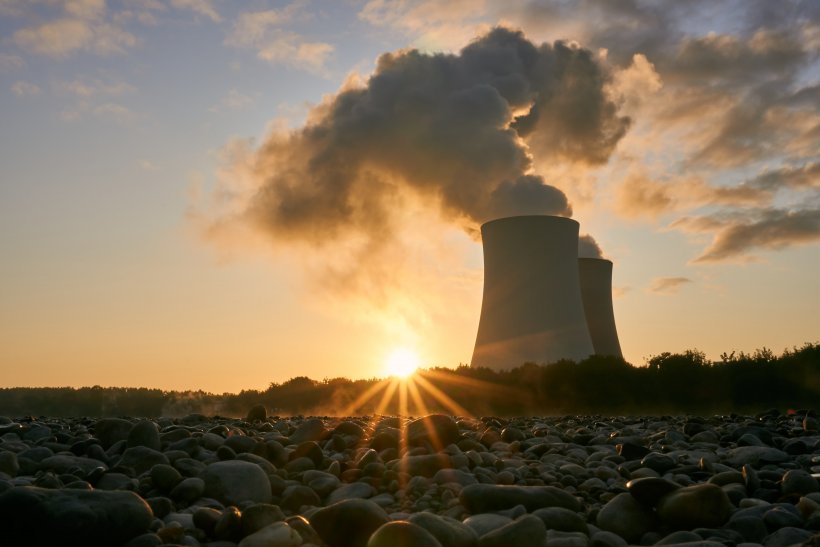Singapore: The Rockefeller Foundation is studying India’s energy transition, especially with the fast-changing innovations and technologies that will fit into the development of low-carbon electricity systems and phase down fossil fuels.
“We are trying to understand what are the important things that are going to be needed in India during G20 and post-G20,” Deepali Khanna, the Foundation’s Vice President for Asian Office in Bangkok, said at the Ecospirity Week held June 6-8 in Singapore.
India is a fast-growing economy and Khanna is confident that it is going to get to its target of Net-Zero Goal by 2070. But there is a lot that needs to happen now, she pointed out.
“Where and how can we provide technical assistance… how can we bring about global lessons that we are learning – innovations among others,” said Khanna.
“We are keeping our eyes open to see what is there in the form of innovation. A lot is happening and a lot more needs to happen,” she said of development around the energy transition ecosystem.
Similarly, the Foundation is already working on energy transition programmes in Indonesia, Vietnam and South Africa among other countries. Khanna shared the Foundation’s to date success in India, the focus of which was on “ending energy poverty”.
It started in 2010 and has since been scaled up with Mini-Grids in Rural India.
Today, the Foundation, along with Ikea Foundation, Bezos Earth Fund and partners have established a $ 10 billion Global Energy Alliance for People and Planet (GEAPP).
The GEAPP, set up at COP26 in November 2021, is a result of enabling policies and regulatory framework though it is a work in progress, said Khanna.
In 2015, the Foundation invested $ 75 million in 1,000 mini-grids, further development on 30 pilot projects in Indian villages under Smart Power for Rural Development.
“Today, we have taken this programme to Myanmar and Africa (for the foundation work),” Khanna told PTI at the Ecospirity Week held in Singapore June 6-8, 2023.
This confidence to progress out of India to other countries came with Tata Power’s commitment in 2019 to set up 10,000 mini-grids and participation by other private sector actors.
It was supported by enabling policies and regulatory frameworks in Uttar Pradesh, Bihar, Odisha and Jharkhand, Khanna recalled, especially noting the regulation backing mini-grids in Uttar Pradesh.
Likewise, the energy transition is now going through various phases of enabling policies and regulatory frameworks across the globe. It is a work in progress, she added.
PTI
